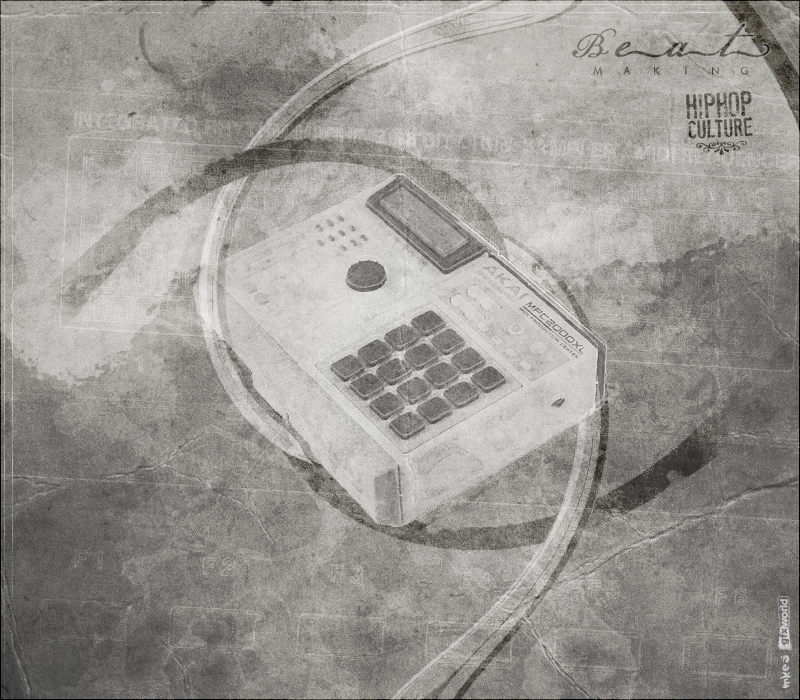Instrumental hip hop is hip hop music without vocals. Hip hop as a general rule consists of two elements: an instrumental track (the “beat”) and a vocal track (the “rap”). The artist who crafts the beat is the producer, and the one who crafts the rap is the MC. In this format, the rap is almost always the primary focus of the song, providing most of the complexity and variation over a more or less repetitive beat.
Instrumental hip hop is therefore hip hop music without emcee (MC) accompaniment. This format affords the producer the flexibility to create more complex, richly detailed and varied instrumentals, with less emphasis on vocals. Songs of this genre may wander off in different musical directions without the vocal constraints of the MC.
Although producers have made and released hip hop beats without MCs since hip hop’s inception, those records rarely became well-known. Jazz keyboard legend Herbie Hancock and bassist/producer Bill Laswell’s electro-inspired collaborations are notable exceptions. 1983’s Future Shock album and hit single “Rockit” featured turntablist Grand Mixer D.ST, the first instance of turntables in jazz fusion, and gave the instrument widespread exposure.
The release of DJ Shadow’s debut album Endtroducing….. in 1996 saw the beginnings of a movement in instrumental hip hop. Relying mainly on a combination of sampled funk, hip hop and film score, DJ Shadow’s innovative sample arrangements influenced countless producers and musicians. In recent years, artists such as RJD2, J Dilla, Pete Rock, MF Doom, Danny!, Nujabes, Madlib, Wax Tailor, DJ Babu, DJ Krush, Hermitude Swindali [1] and Blockhead have garnered critical acclaim with a number of instrumental hip hop albums.
Instrumental hip hop has yet to be fully recognized as a genre unto itself, and is often classified as trip hop, breakbeat hardcore, drum and bass, oldschool jungle, grime, trap, or industrial music. This may be a result of its varied and experimental nature; a single track can incorporate samples from many different genres of music.
Due to the current state of copyright law, most instrumental hip-hop releases are published on small, independent labels. Producers often have difficulty obtaining clearance for the many samples found throughout their work, and even relatively unknown labels such as Stones Throw are fraught with legal problems.
Πηγή: Wikipedia
